Posts in Teach Write
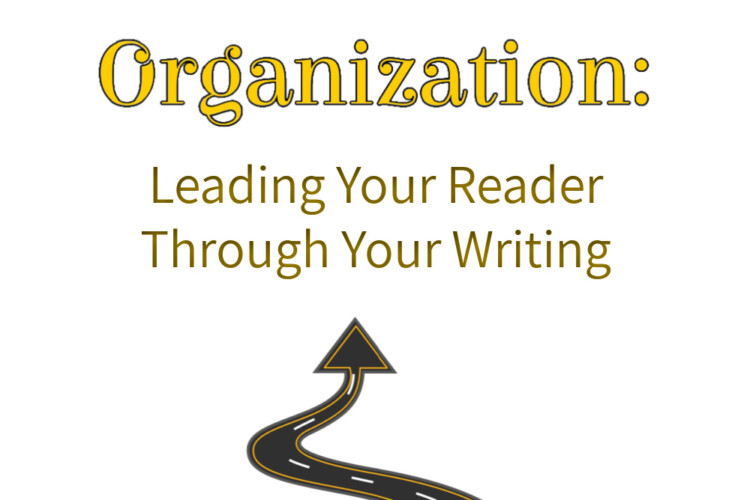
If your January is anything like mine, it's all about getting organized (again). So today, we're talking about organizational structures in writing. Figuring out the best structure for your material is one of the primary benefits of outlining. This ... Read More
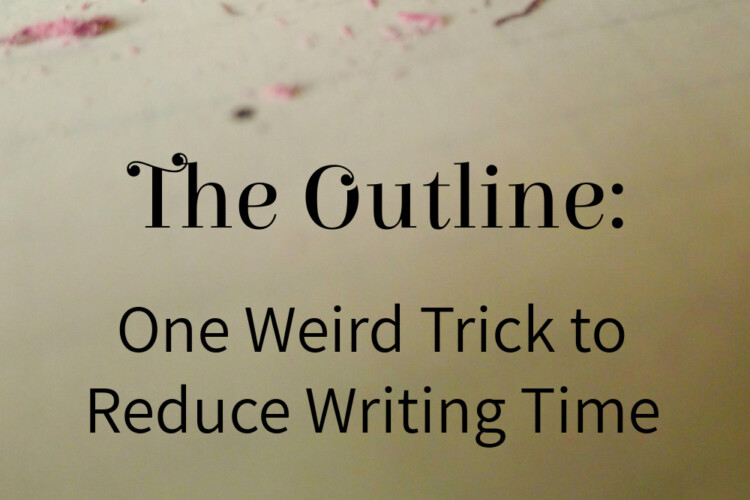
One Weird Trick to Reduce Writing Time
Here we are, well into another school year, and I'm betting quite a few of you are already grappling with writing assignments. So, it seemed like a good time to dust off the old Teach Write column. I've been a ... Read More
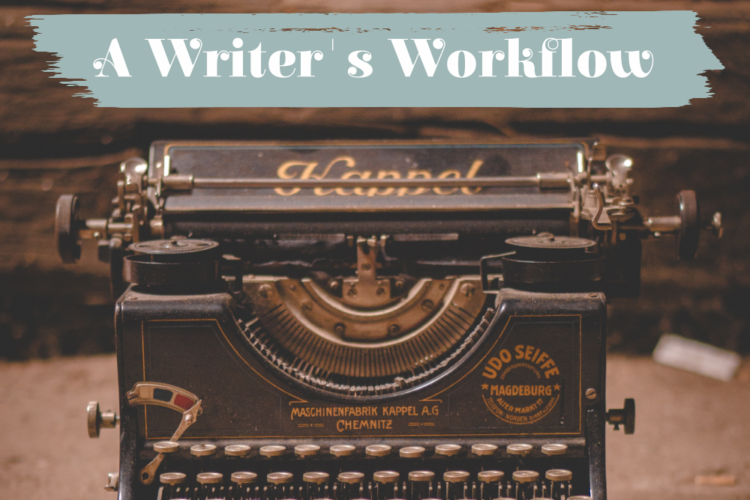
Managing Information: A Writer’s Workflow
If you've been following the last three Teach Write columns on managing and organizing research, today is the day: the day we put it all together into a streamlined, efficient workflow. Note that this the method I've arrived at over ... Read More
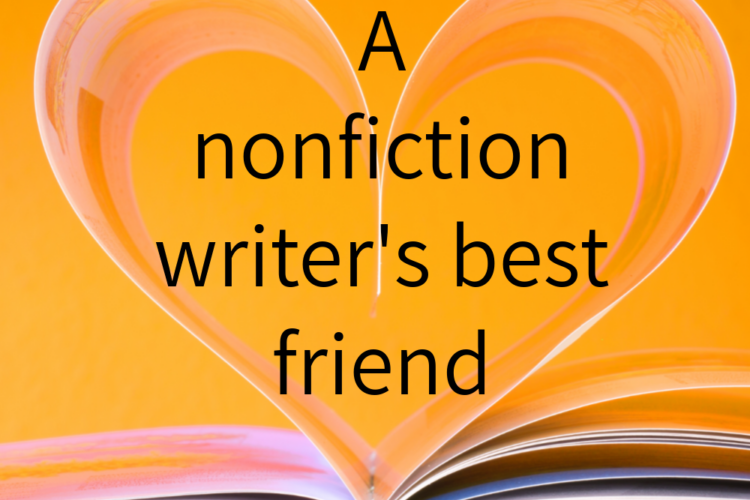
OK. We've talked about how to take notes and how to track our sources, either manually or using a reference manager. Today I'm going to discuss another fabulous app for writers: Scrivener. The combination of Endnote (reference manager) and Scrivener ... Read More
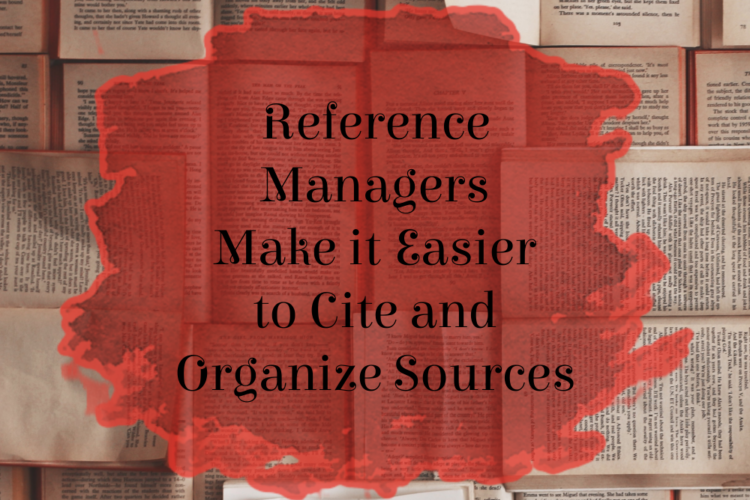
Last time, we talked about note-taking skills, and why it's important for writers to know where every piece of their information originally came from. Today, I'm going to introduce a tool that makes this process a lot easier: the ... Read More
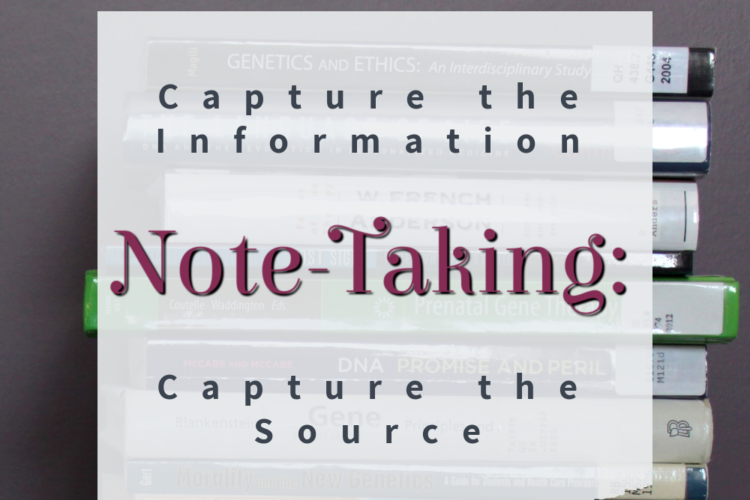
So far, our discussions of research have focused on how to find interesting, relevant information for our writing projects. Now we're going to look at a skill that's equally important, but less-commonly discussed: how to manage and organize all ... Read More
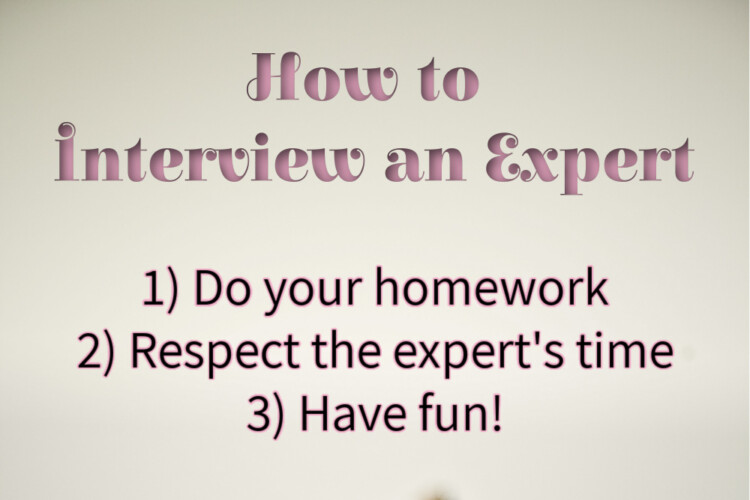
Sooner or later, every writer is going to have to interview an expert. Students might be required to do so for an assignment; for creative writers, interviews are sources of stories, anecdotes, quotes, and details that can't be gleaned ... Read More

Research for Writers: How to Find Experts
Today we're continuing our discussion of research, with a focus on a special type of primary source - the expert. First, what do I mean when I say "expert"? As a former scientist and writer of sciencey books, I ... Read More
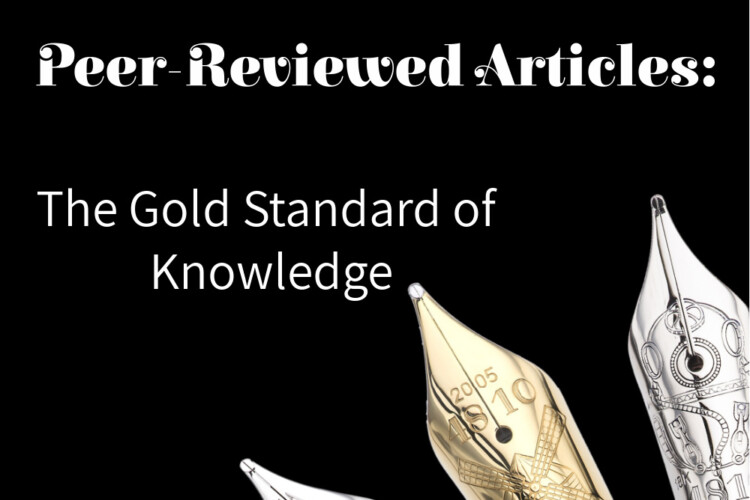
Last time we compared primary and secondary sources and talked about how to use them when researching writing assignments or creative projects. Today, we're getting a bit more practical, with some tips for finding and accessing peer-reviewed journal articles, ... Read More
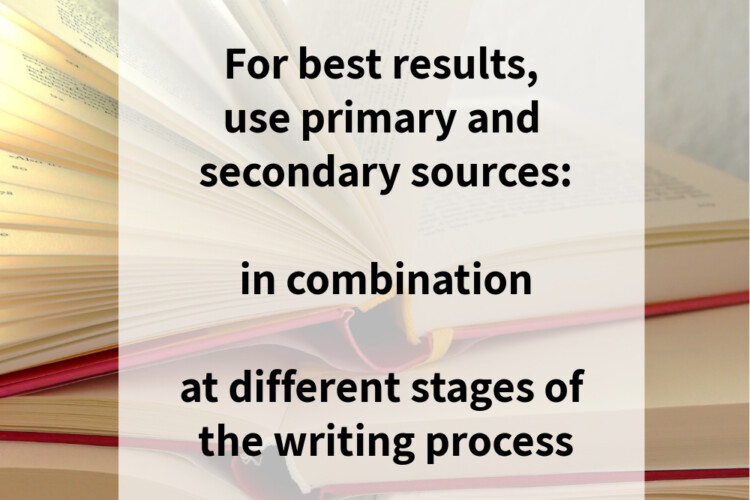
We are going to be devoting many Teach Write columns to the intricacies of research for student and professional writers. Today, we are starting with the fundamentals: the difference between primary and secondary sources. Students need to understand this ... Read More
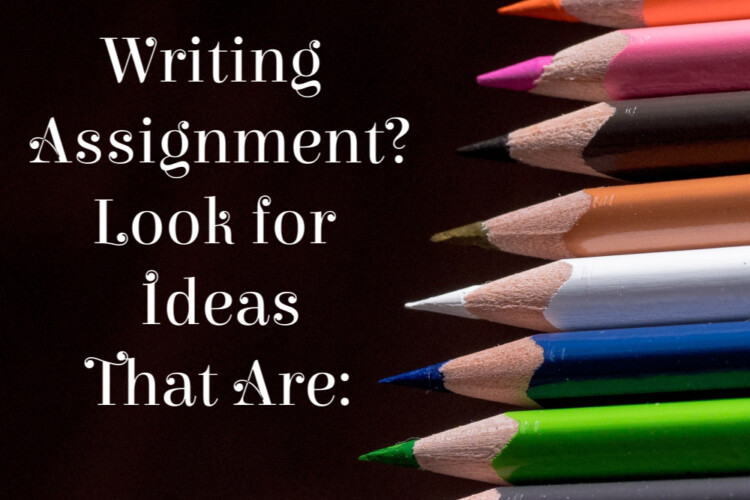
School is starting soon (however strange and remote it may be), which means... writing assignments! Today on Teach Write, we are talking about coming up with ideas for writing on assigned topics. True story: most of my children's books are ... Read More

The human brain is really good at filtering out extraneous information. It's a survival instinct meant to focus our attention on things essential to life (ripe cherries!) and things that might kill us (bears!). Grappling with these big picture ... Read More
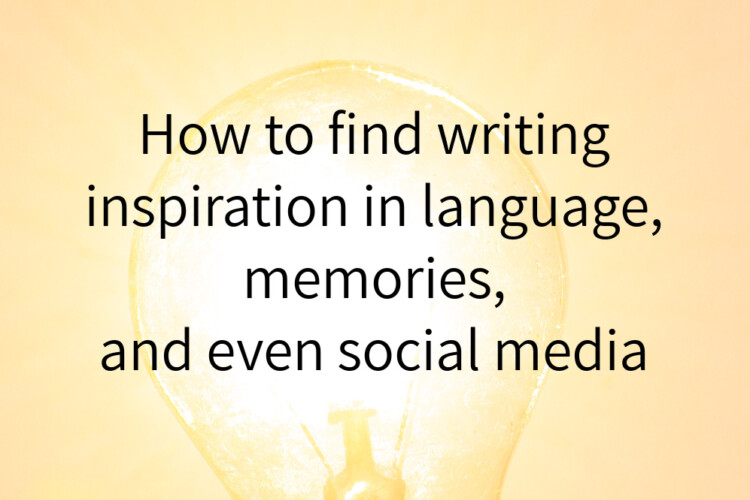
When asked where we get our ideas, writers often joke "The idea store." In an age where we can type "writing prompts" into Google and return literally thousands of starting points for our next masterpieces, it's actually not that ... Read More
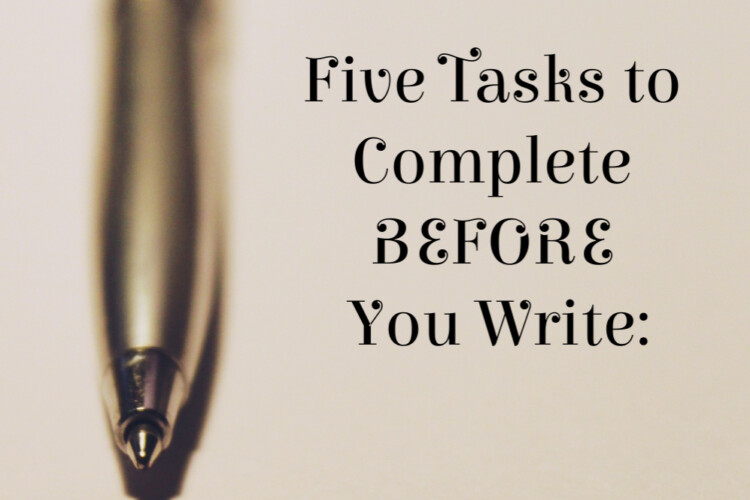
For the last few months, we've been talking about the first two things we must do before we sit down to write: Identify our audience Who are we writing for? Kids, adults, professional peers, our teachers? What does that audience need from ... Read More
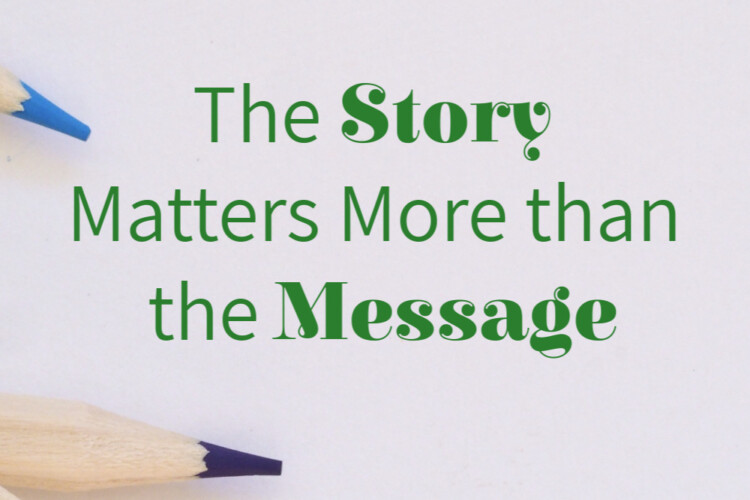
For the last few months, we've been looking at the purpose of different genres of writing, and the way the purpose of a document affects our approach to the task. Most of those columns focused on academic writing, but ... Read More

Personal statements and letters of intent... with the possible exception of the dissertation, there are no forms of academic writing quite as likely to turn an ordinary student into a quivering ball of overwhelming anxiety. Deep breaths, all. I am ... Read More
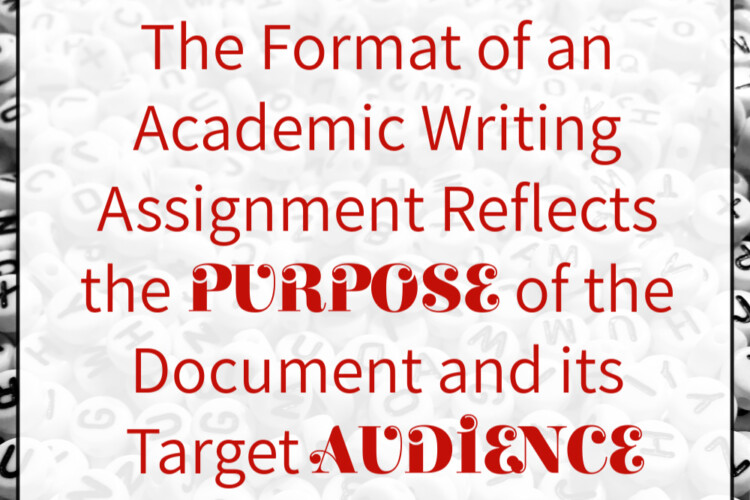
Teach Write: The Purpose of Lit Reviews, Critical Analyses, and Other Forms of Academic Writing
Last time, I talked about the purpose of the most popular form of academic writing - the argumentative essay. You can also read about the distinct (but closely related) purposes of lab reports and scientific papers here. If you're ... Read More
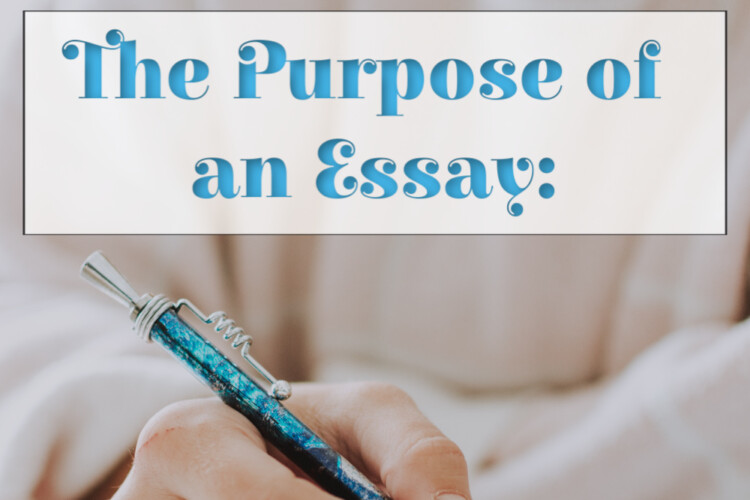
Teach Write: What Is an Essay For?
Happy New Year, and welcome to January, also known as "the start of a new semester." Which means it's a perfect time to talk about the most common form of writing assigned by university professors - the essay. Students ... Read More